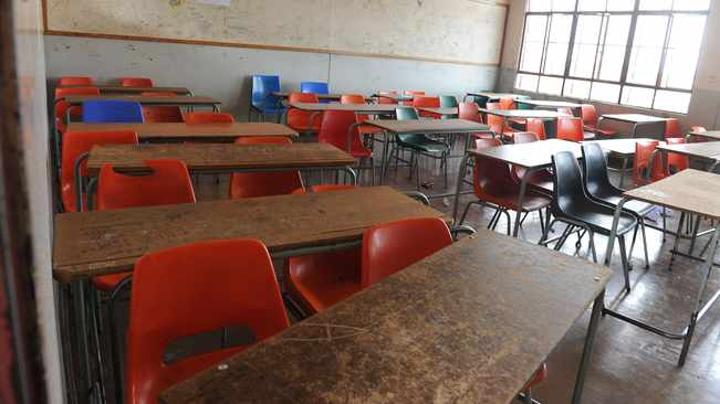Africa-Press – South-Africa. By Mashudu Sadike
Johannesburg – Laziness among teachers, proximity to taverns and inactive governing bodies are to blame for the poor matric outcomes in some Limpopo schools, according to Education MEC Polly Boshielo.
Boshielo expressed her disappointment at the seven schools that obtained 0% pass rates in the province, among the 18 nationwide, in the 2020 National Senior Certificate exams.
In the seven schools there was a combined 73 Grade 12 pupils enrolled.
Three of the schools are in Sekhukhune, two in Waterberg, with Capricorn and Mopani obtaining one each.
In the previous year, nine schools achieved 0% pass rate in the province.
The province achieved the third lowest spot in the country with a 68.2% matric pass rate, a 5% decline from the year before, with Waterberg District surpassing Vhembe to top the province.
Speaking to The Star, Boshielo said among aspects to be blamed for the poor performance in schools were teachers’ attitudes, the apartheid legacy and taverns situated around the schools.
“Teachers refuse to go (and) teach on Saturdays, saying they don’t get paid and they have other things to do like going to church,” she said.
She also blamed the number of matric learner enrolment as some schools had as little as nine Grade 12s.
“Small schools have proven to be costly. It’s just unsustainable and non-viable to run these schools. We get an uproar from parents when we want to shut these schools and transfer them somewhere else, and they do that for sentimental reasons.”
She said she had also spoken to the MEC for Economic Development Seapora Sekoati to shut down some of the taverns surrounding schools, because learners go there instead of going to school.
The election of non-performing members of the governing bodies also played a role in poor performing schools, she said.
“Structural apartheid issues and management also play a big role. We have many village schools that stand alone and are not easy to give support to or for pupils to engage with other pupils. In some schools the governing bodies elect members who don’t have children in that particular school. Which means those members won’t have interest in that school.”
Despite all of these challenges, the province produced 11 of the best performers in the country.
Among them is 16-year-old Pearl Khosa from PP Hlungwani Secondary School in Green Farm Village, Malamulele, in the Vhembe District, who bagged seven distinctions and a 100% pass in maths.
Pearl is now eyeing a spot at UCT to study actuarial science.
“I still can’t believe it’s happening. I worked hard but the support I received from my teachers, principal and my parents helped me a lot,” she said.
Limpopo Premier Stan Mathabatha has since called on Boshielo to take action against officials responsible for schools that performed badly.
“In the past five years this has been your performance? Can you tell me what has been the reason to continue keeping you in this position that will assist in even other regions and districts to realise that it’s time to work here,” Mathabatha said.
Boshielo refuted claims by local governing bodies and learner structures that marking was more lenient this year because of Covid-19.
“Umalusi has standardised down about eight subjects because of the challenges these kids were having as a result of the pandemic. Among those they had standardised down are Sepedi and Tshivenda, which are Limpopo’s home languages, and we complained that they should have not touched the marks of those two subjects.
“It is not true that they were lenient; they standardised down before the exams and it’s an internal fight that we are having because Umalusi is part of the government.”
The Star






